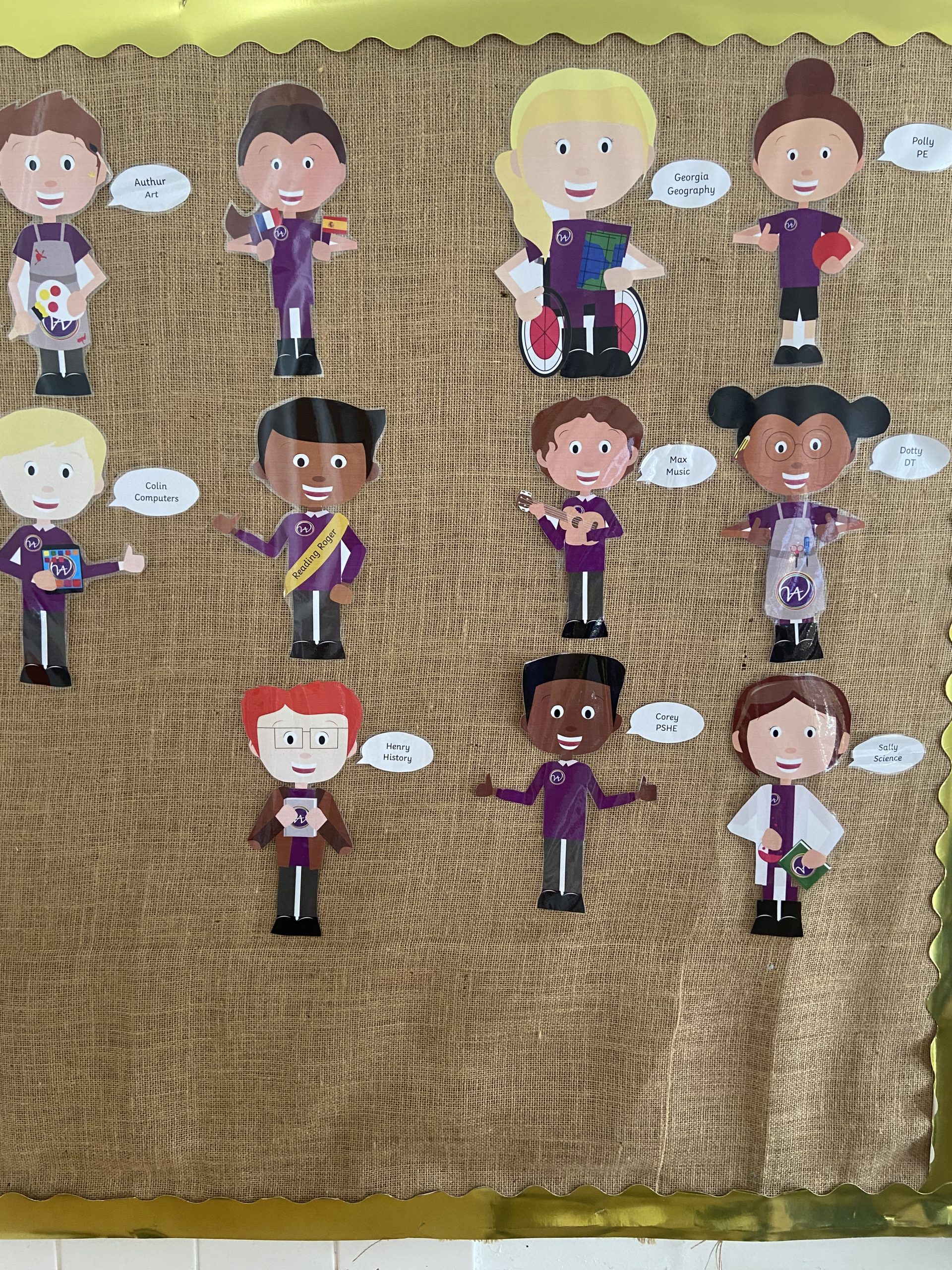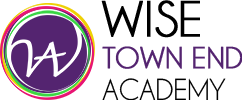Equality and Diversity
At Town End Academy we are passionate about creating an inclusive environment and explore equality and diversity with the children from the minute they join us.
We want to help shape and mould children to become confident, accepting members of the school and society - children who want to ask questions and who are keen to learn about people who may be different from themselves whether that be down to faith, culture, gender, race, sexual orientation or different backgrounds. We have carefully considered how we promote equality and diversity throughout our curriculum through mapping this into our curriculum intent. We ensure that teaching around each specific protected characteristic takes place within our PSHE curriculum which can be seen in the link below.
Our rigorous assembly programme focuses on equality and diversity and each week we share a book with the children which focuses on a particular theme or issue for them to explore in more detail. For more details see the assembly overviews below:

Equalities Objectives
- To provide equal opportunities for all pupils to access the curriculum with a high standard of learning experience to actively close gaps in attainment and achievement, especially students eligible for Pupil Premium, students with special educational needs and disabilities, looked after children and students from minority ethnic groups
- To educate all pupils whatever their belief of race or religion and prepare them for life in a diverse society and to treat everyone with respect
- To develop the natural curiosity that children exhibit about themselves and their world and use their curiosity to foster positive attitudes to diversity
- Eliminate discrimination and harassment: take all reasonable steps to eliminate discrimination and harassment in the workplace. This includes providing training for employees on how to recognize and report discriminatory behaviour, as well as implementing policies and procedures to prevent such behaviour from occurring.
- To promote mental health awareness with staff and develop appropriate interventions where necessary
- Continue to improve accessibility across the academy sites for students, staff and visitors with disabilities, including access to specialist teaching areas
- Promote equality of opportunity: ensure that all job applicants are treated equally and have an equal chance at employment. This includes avoiding any discrimination or bias in the recruitment process, providing equal pay for equal work, and ensuring that all employees have access to training and development opportunities.
- Encourage diversity and inclusion: actively promote diversity and inclusion in the workplace by creating a culture that values and respects all employees, regardless of their background or characteristics. This includes providing training on cultural awareness and sensitivity, promoting work-life balance, and encouraging open communication and feedback.
